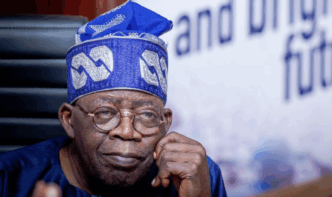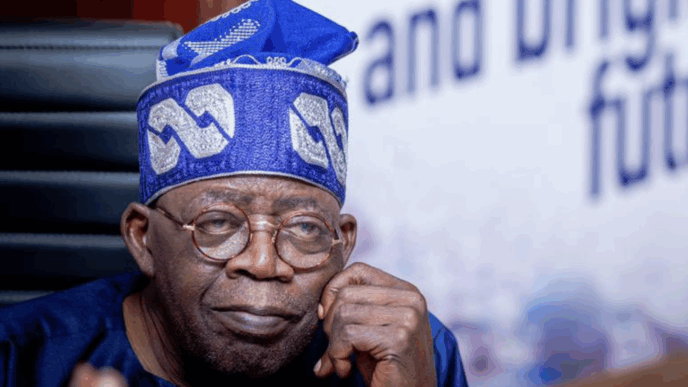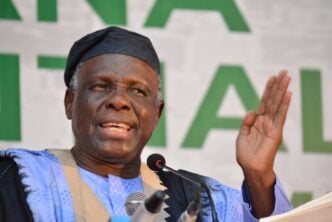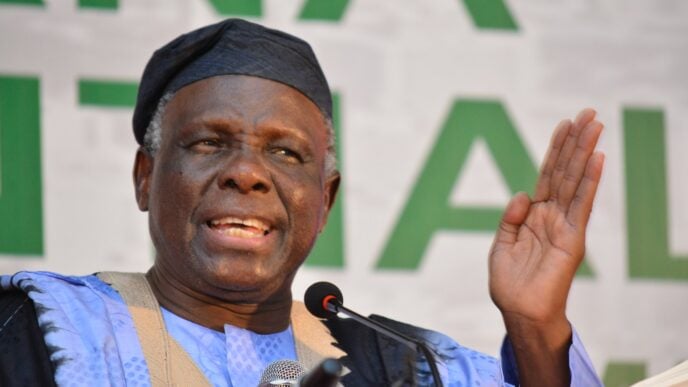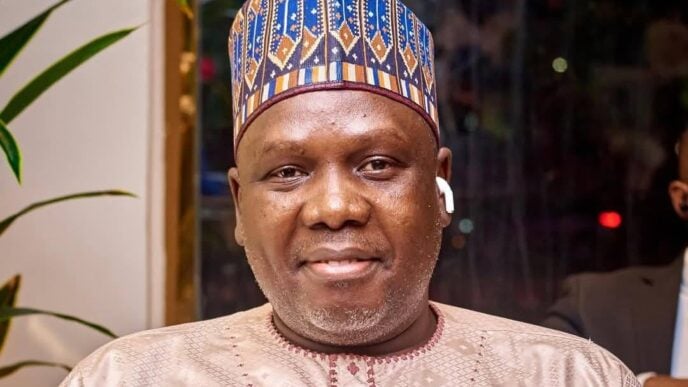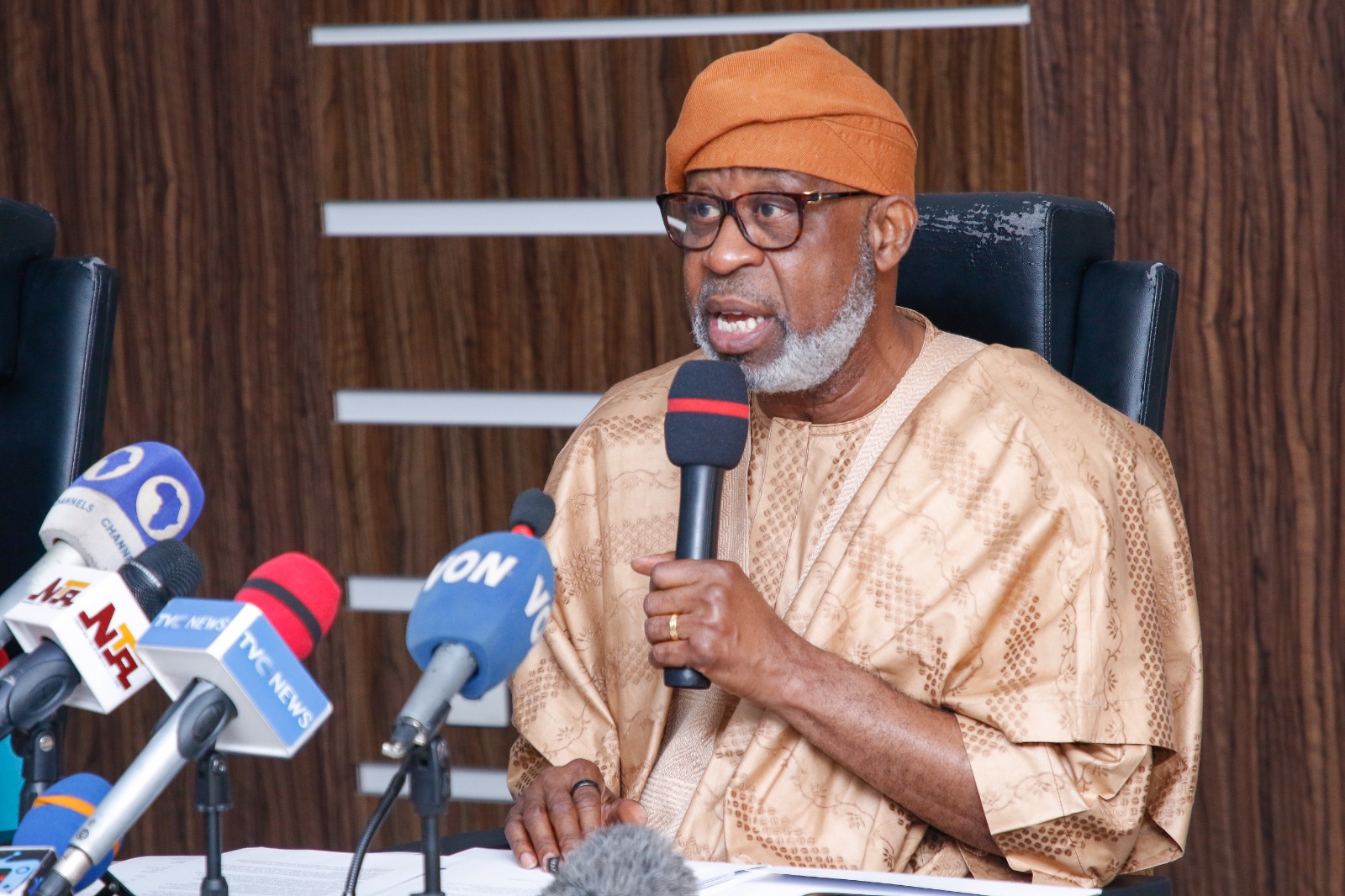The African Democratic Congress (ADC) has faulted a recent remark by Nentawe Yilwatda, national chairman of the All Progressives Congress (APC), that there no vacancy in the State House in 2027.
On Tuesday, Yilwatda told APC members at the party’s headquarters in Abuja that there would be “no vacancy in Aso Rock” in 2027.
Reacting to the comment in a statement on Wednesday, Bolaji Abdullahi, ADC spokesperson, said the APC chairman’s remark was “arrogant” and “disregarded the hardship” Nigerians are facing.
Abdullahi said the “presidency is not a hereditary office, but a mandate that must be renewed through performance”.
Advertisement
The ADC spokesperson added that such a statement raises concerns that the ruling party may disregard the will of Nigerians at the polls.
“The APC chairman’s declaration of ‘no vacancy in Aso Rock’ is presumptuous and disrespectful to Nigerians who are grappling with hunger, insecurity and joblessness,” the statement reads.
“We understand why the APC is afraid and would wish to avoid that day of reckoning with the ballot box. But periodic elections mean every incumbent must seek a fresh mandate.”
Advertisement
Abdullahi said “no matter the ruling party’s position, there will be a vacancy at the presidential villa in 2027″.
“President Tinubu must reapply to Nigerians and explain why he deserves to continue despite policies that have worsened the suffering of the majority,” he said.
“The APC government and its media operatives keep awarding themselves medals, but food prices are soaring, bandits are overrunning communities, and the naira remains battered.
“To declare no vacancy two years before an election is to mock the power of Nigerians’ votes. It insults parents who cannot feed their families, graduates without jobs and entrepreneurs whose businesses have collapsed.
Advertisement
“Let it be known, the APC will have to reapply for the job of leading this country in 2027, and they do not get to mark their own papers.”
Abdullahi added that Tinubu would be judged in 2027 by indicators such as youth employment, security, poverty, electricity supply and justice.


